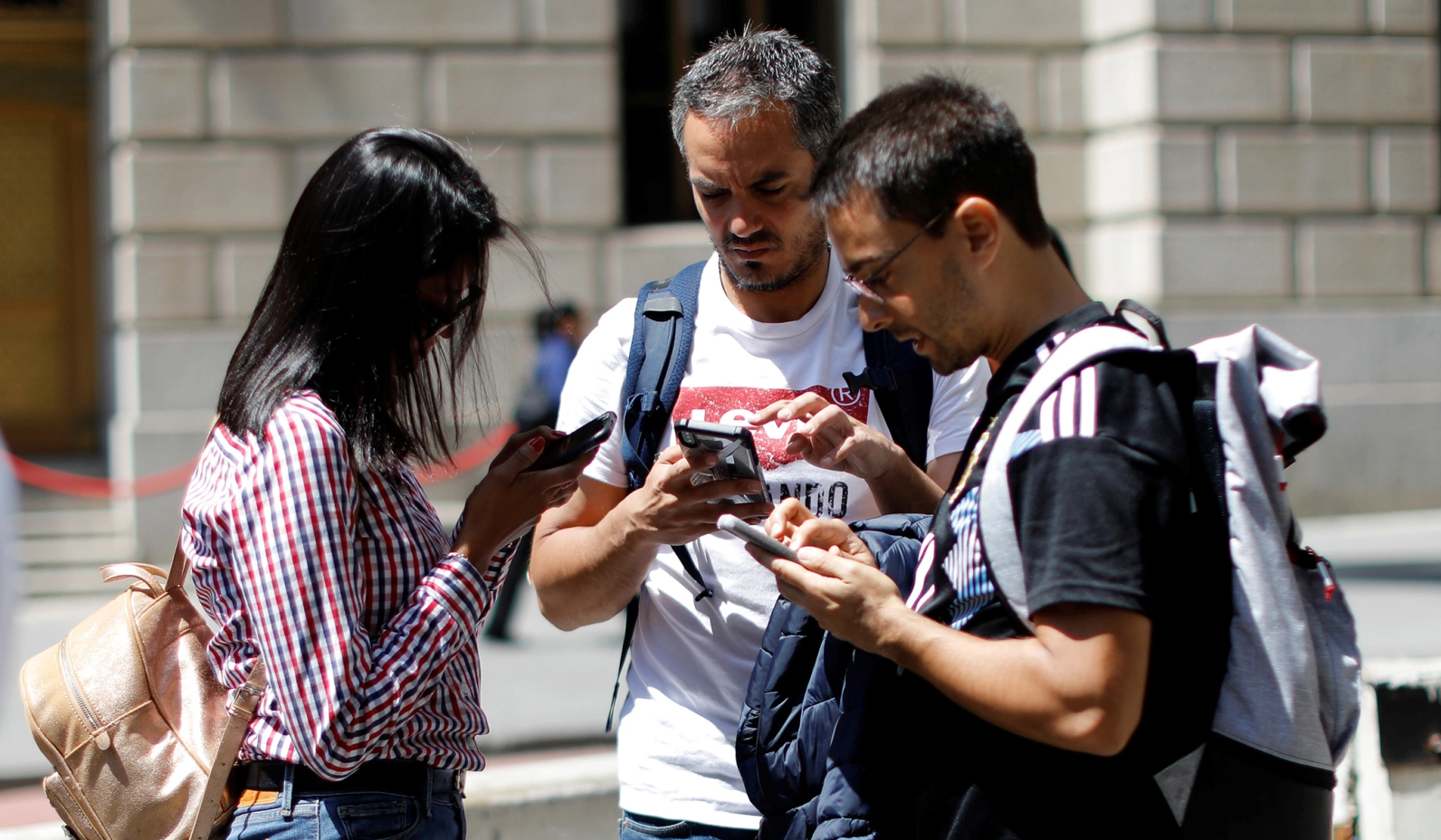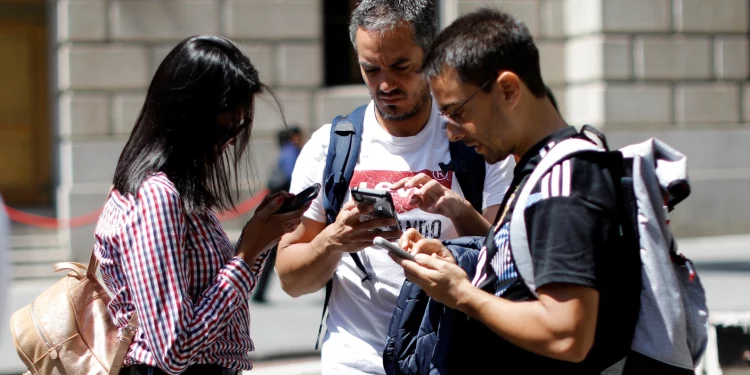By The Editors. Media: National Review.

New York has become the latest state to pass a patently unconstitutional social-media regulation bill. The Social Media Hate Speech Accountability Act, which went into effect on Monday, requires any social-media site that operates in New York to set up a public channel via which users can report so-called hate speech, and obliges the sites’ owners to respond directly to anyone who uses it. If they refuse, they may be fined up to $1,000 per day.
New York’s law represents a direct violation of the First Amendment. There is no such thing in American law as “hate speech,” and, as a result, there is no meaningful rubric that the state of New York — or, eventually, the courts — can use to evaluate the claim that it has not been adequately regulated. New York’s definition of “hate speech” includes any language that serves to “vilify” or “humiliate” any “race, color, religion, ethnicity, national origin, disability, sex, sexual orientation, gender identity or gender expression.” But, unless such speech is likely to incite imminent illegal action, it is perfectly legal. Under the First Amendment, New York is prohibited not only from regulating such conversations directly, but also from regulating them indirectly by deputizing private actors in lieu of the police. This is not East Germany; it is America.
This problem also bedevils the second part of New York’s law: the obligation to respond to complaints. There are some narrow circumstances in which governments may compel private actors to speak against their wishes — in advertising, for example — but, because the speech about which distressed social-media users would be complaining in the first instance is beyond the scope of government regulation, no such exception obtains. Under current Supreme Court precedent, online entities may moderate their users’ legal speech as much, or as little, as they wish. They may block all speech that the majority deems “hateful,” or they may permit it and allow nothing else besides. If they so desire, they may establish an efficient process for the superintendence of disputes, and they may manage it so conscientiously that everyone who raises a flag receives a response. But they are not required to — and, indeed, they cannot be required to — while the Bill of Rights remains intact.
The First Amendment represents nothing less than a promise to the American public that, in its political debates, its religious observances, and its epistolary endeavors, it will be unmolested by the bayonets of the state. Our present panics notwithstanding, there is nothing special about the internet that requires this arrangement to be annulled. Whether the forum is Twitter, the comments section of National Review, or Daisy’s Flower and Cat Forum, American citizens enjoy the right to speak with as much frankness and abandon as their stomachs can withstand without being conscripted by the government into some nebulous fight against evil. The response to New York’s demand must be an emphatic “absolutely not,” followed by the resolute promise that, if the issue is pushed any further, it will be examined — and then ended — by a judge.




























































































Discussion about this post